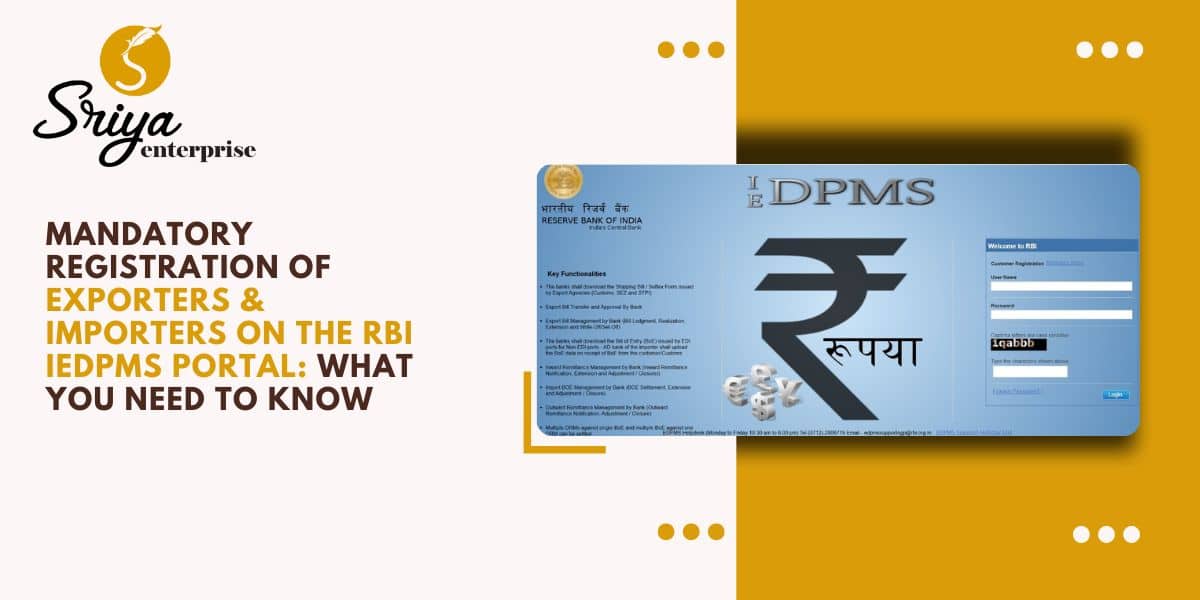India’s international trade landscape continues to evolve, with digital compliance and transparency at the forefront…

Understanding FATF and Its Impact on International Trade: An Indian Perspective
In the realm of export and Import, compliance and regulatory frameworks play a pivotal role in ensuring smooth and secure transactions across borders. One such critical framework is provided by the Financial Action Task Force (FATF). For businesses engaged in export and Import, especially from India, understanding the FATF and its implications is essential. This blog delves into what the FATF is, its objectives, and how its guidelines impact international trade from an Indian perspective.
What is the FATF?
The Financial Action Task Force (FATF) is an intergovernmental organization established in 1989 to combat money laundering, terrorist financing, and other related threats to the integrity of the international financial system. The FATF sets international standards that promote the implementation of legal, regulatory, and operational measures for combating these illicit activities.
Enhanced Due Diligence: Exporters and importers involved in international trade must conduct enhanced due diligence to ensure that they are not inadvertently facilitating money laundering or terrorist financing. This includes verifying the identity of their trading partners and understanding the nature of their business.
India’s Position and Measures
India has been a member of the FATF since 2010 and has made significant strides in aligning its regulatory framework with FATF recommendations. Here are some key measures taken by India:
Legal Framework: India has enacted various laws such as the Prevention of Money Laundering Act (PMLA) and the Unlawful Activities (Prevention) Act (UAPA) to combat money laundering and terrorist financing.
Regulatory Bodies: Regulatory bodies like the Reserve Bank of India (RBI), the Securities and Exchange Board of India (SEBI), and the Financial Intelligence Unit (FIU-IND) play a crucial role in enforcing FATF guidelines.
The Financial Action Task Force (FATF) vide public document ‘High-Risk Jurisdictions subject to a Call for Action’ – June 2024, has called on its members and other jurisdictions to refer to the statement on Democratic People’s Republic of Korea (DPRK) and Iran adopted in February 2020 which remains in effect. Further, Myanmar was added to the list of High-Risk Jurisdictions subject to a Call for Action in the October 2022 FATF plenary and FATF has called on its members and other jurisdictions to apply enhanced due diligence measures proportionate to the risk arising from Myanmar.
FATF had earlier identified the following jurisdictions as having strategic deficiencies in their regimes to counter money laundering, terrorist financing, and proliferation financing and had placed the jurisdictions under Increased Monitoring, which had developed an action plan with the FATF to deal with them. These jurisdictions were: Bulgaria, Burkina Faso, Cameroon, Croatia, Democratic Republic of The Congo, Haiti, Jamaica, Kenya, Mali, Mozambique, Namibia, Nigeria, Philippines, Senegal, South Africa, South Sudan, Syria, Tanzania, Türkiye, Vietnam and Yemen. As per the June 28, 2024, FATF public statement, Monaco and Venezuela have been added to the list of Jurisdictions under Increased Monitoring while Jamaica and Türkiye have been removed from this list based on review by the FATF.
Conclusion
The FATF plays a crucial role in maintaining the integrity of the international financial system and combating financial crimes. For Indian businesses engaged in international trade, understanding and complying with FATF guidelines is essential to mitigate risks, ensure smooth transactions, and build trust with global partners. While the challenges are significant, the opportunities for growth and competitive advantage make compliance a worthwhile investment.
By staying informed and proactive, Indian businesses can navigate the complexities of FATF compliance and thrive in the global marketplace.




